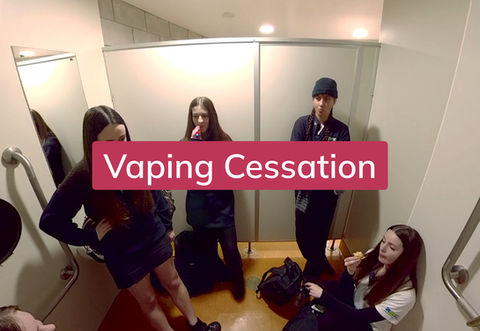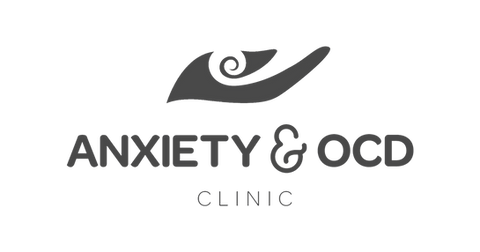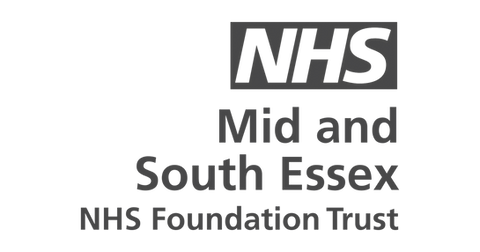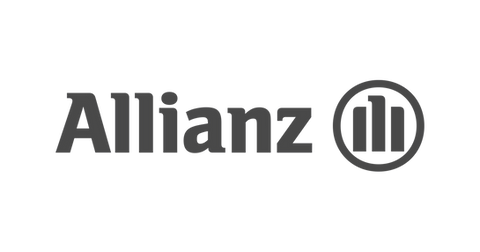
oVRcome Drives Better Outcomes at Lower Cost
Addressing rising costs, access constraints, and engagement challenges with measurable impact.
Rising
ER utilisation
34.1%
lower benefit cost (~$29K → ~$19K USD)
Escalating
per-member costs
5%
of traditional
therapy cost
Long wait times, clinician shortages
60.7%
shorter intervention time
Low therapy completion rates
86.5%
client
adherence
Extended disability & productivity loss
32.1%
faster return to work
& daily life
Evidence-Based Results
Clinical outcomes that speak volumes
Across oVRcome’s clinical trials and pilot programs:
75% reduction
in phobia symptoms
Large effect size
(Cohen’s d = 1.3)
Phobia Trial
50%
reduction
in social anxiety symptoms
43% improvement
General Anxiety
(DASS-21)
83% reduction
in vaping addiction
(15-18 year olds)
55% improvement
AFQ
31% improvement
PTSD (PCL-5)
19% improvement
Depression (DASS-21)
For Health Plans, This Means:
-
Lower total cost of care for anxiety-related conditions
-
Reduced ER utilization and unnecessary specialist visits
-
Measurable, data-driven outcomes
-
Scalable to rural and underserved populations
-
No provider network constraints



"I am an oVRcome cheerleader. Love it so far as do my clients. I am a big fan of the platform and am introducing it to many of my colleagues who are equally excited."

Clinician for Fear of Driving and GAD
Reimbursement Pathways
oVRcome integrates seamlessly into existing care and billing workflows.

Clinician-billed:
reimbursable under existing psychotherapy codes (90832–90837) and Remote Therapeutic Monitoring codes (98975–98978).

Plan-directed pilots:
custom PMPM or outcomes-based contracts to validate cost savings and member outcomes.
Founder Story
A personal mission to transform mental health
Founder Adam Hutchinson created oVRcome after overcoming his own severe social anxiety through exposure therapy. After selling his previous startup to THL, he built oVRcome to make effective therapy available to everyone, anywhere.

Request a
15 minute demo to learn how we can help you and your members
Download the Health Plan Overview to learn more about oVRcome and easily share with others.
Who We Work With
Source:
1. Alonso, J., Liu, Z., Evans-Lacko, S., Sadikova, E., Sampson, N., Chatterji, S., … Kessler, R. C. (2018). Treatment gap for anxiety disorders is global: Results of the World Mental Health Surveys in 21 countries. Depression and Anxiety, 35(3), 195–208. https://doi.org/10.1002/da.22711 2. The Lancet Global Health. (2020). Mental health matters. The Lancet Global Health, 8(11), e1352. https://doi.org/10.1016/S2214-109X(20)30432-0
Soni, A. (2019). Health care expenditures for treatment of mental disorders: Estimates for adults ages 18 and older, U.S. civilian noninstitutionalized population, 2016 (Statistical Brief No. 539). Agency for Healthcare Research and Quality, U.S. Department of Health & Human Services. https://meps.ahrq.gov/data_files/publications/st539/stat539.pdf
Panchal, S. K. (2017). Cost of illness study of anxiety disorders for the ambulatory adult population of the U.S. [Doctoral dissertation, University of Tennessee Health Science Center]. University of Tennessee Health Science Center Digital Commons. https://dc.uthsc.edu/dissertations/370
Iturralde, E., Chi, F. W., Grant, R. W., Weisner, C., Van Dyke, L., Pruzansky, A., Bui, S., Madvig, P., Pearl, R., & Sterling, S. A. (2019). Association of anxiety with high-cost health care use among individuals with type 2 diabetes. Diabetes Care, 42(9), 1669-1674. https://doi.org/10.2337/dc18-1553


















































